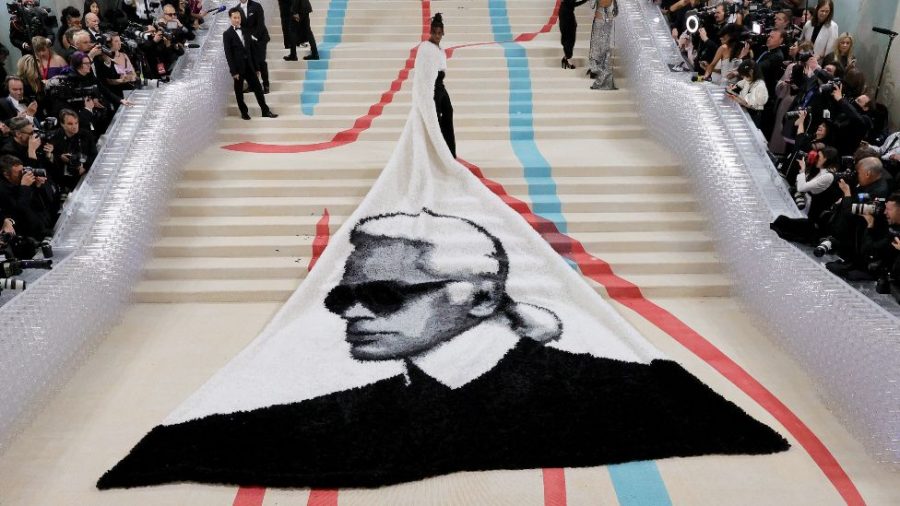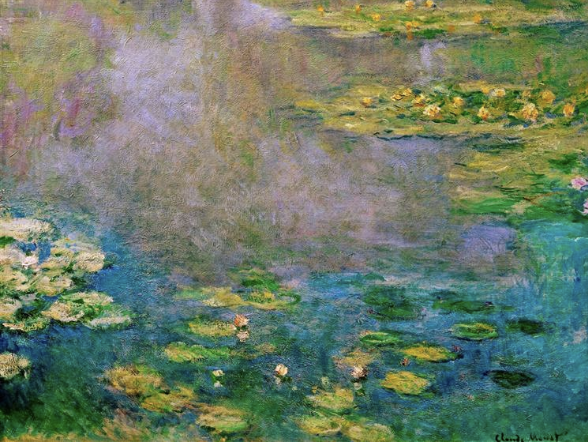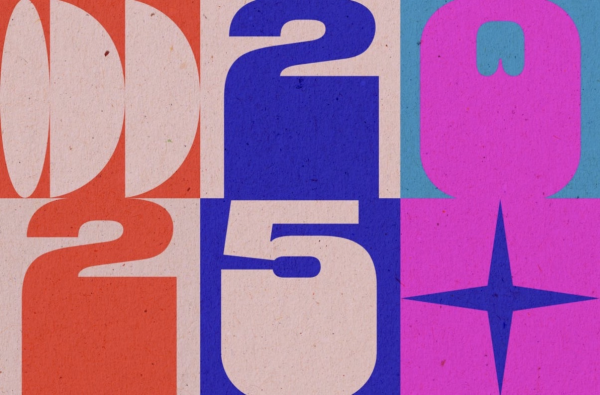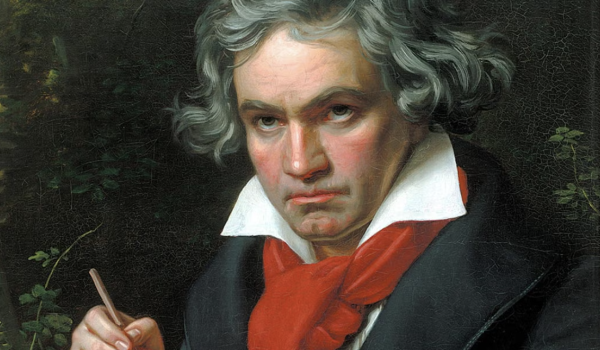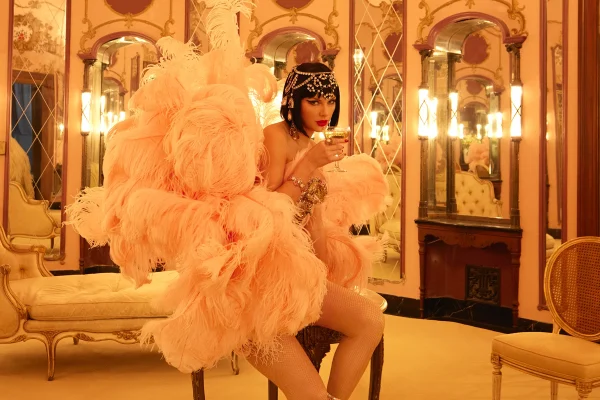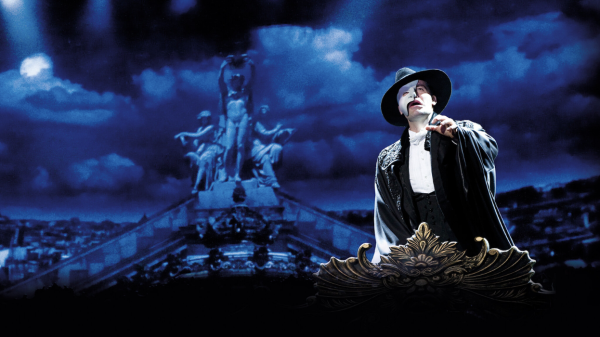The Met Gala: What Once Was
The Met Gala. A night filled with glamor where the world’s most affluent and most influential gather for an evening at the Metropolitan Museum of Art and are often seen wearing some of the most extravagant or “avant-garde” clothing, as some may call it. Fashion’s biggest night, as its second name, begs me to wonder, is it truly that relevant or even exclusive in the current day and age?
Today, we live in such a society that one can gain millions of followers or even have their platinum hit straight from their bedrooms, thousands of miles away from the ‘real limelight’. While this isn’t necessarily bad, it has made achieving fame and celebrity status relatively easier.
The rise of influencer culture has allowed anyone with a phone and TikTok to become an overnight sensation. May it be Charlie D’Amelio or even singers like Ice Spice. Their ever-rising popularity allows them to be invited to high society events, the Met Gala being one of them.
In recent years, these influencers have been invited to the Met Gala. However, instead of boosting awareness and increasing the diversity of the event, especially among teens, they go viral for all the wrong reasons.
They are ruthlessly trolled to the point that the Met Gala seems like a joke. What once was a night for the most elite now stands a pale washover of a ‘gala’, considered somewhat of a joke, still trying to monetize and relish in its past glory.
It is now felt as though anyone and everyone can be invited to the ball.
It has gone from being the event that celebrities once used to strive for simply scoring an invite to one where celebrities skip. The people considered showstoppers in the gala, such as Zendaya or Blake Lively, skipped it this year. Instead of celebrities needing the Met Gala to become famous, the Met needs them to stay relevant.
However, that isn’t the only thing going wrong. The Met has become a place where toxic beauty standards are force-fed to everybody, especially insecure teens, who sit behind their screens and develop body dysmorphia as to why their bodies don’t look like those on the runway.
Last year, one of the biggest internet personalities was seen bragging about how she lost over 16 pounds in just two weeks to fit into a dress, once again setting unattainable standards of ‘beauty’. This is extremely unhealthy, both mentally and physically, causing extreme consequences in the worst cases.
Imagine a girl excitedly logging on to the internet to see what celebrities wore, only to be subject to a toxic culture of glorifying being sickly thin, which is something she didn’t sign up for.
Today, we see more memes and people criticizing the Met Gala instead of praising it. This is also because considering today’s economic situation, where the rich keep getting richer, and the poor keep getting poorer, having an exquisite ball just isn’t in touch with reality and seems extremely dated. It doesn’t sit right with me that on one side of the road, there are people wearing clothes and jewellery worth hundreds of millions of dollars, and on the other, people struggling to stay afloat and above the poverty line.
Lastly, I feel that this year’s theme was not someone who deserved to be celebrated. Karl Lagerfeld, however, an excellent designer, was known to be openly racist and fatphobic, often recorded “offering unsolicited critiques of other public figures like Adele, who he called “too fat,” and Heidi Klum, “too heavy,” while mocking movements like body positivity and making outrageous claims that anorexia was not as dangerous as junk food and television and that fashion is “the healthiest motivation for losing weight.”
He also made a particularly cruel statement: “…no one wants to see fat women.”
Celebrating a man who openly encouraged insecurities and was a huge motivating factor in the toxic industry that fashion has now become seems wrong on so many levels.
The ‘feminists’ attending this event, however, were more than willing to overlook this.
I don’t believe that the Met Gala should not happen from now on. However, I strongly believe that the Met needs to re-evaluate what they stand for and whether they can afford the tarnishes on their reputation anymore.
I believe there is still a lot of hope for the Met Gala. Having a more relevant and inclusive theme, fundraising for different charities rather than the Met museum could restore its former glory, while still advancing with the times. The Met Gala: what once was can turn around to become…
The Met Gala: Fashion’s biggest and most charitable night.
Sources and Recommended Reading:
https://www.youtube.com/watch?v=Qh7tTta9JaY&list=UUTrQ7HXWRRxr7OsOtodr2_w&index=3&feature=plcp
https://time.com/6275632/why-the-met-galas-karl-lagerfeld-theme-is-controversial/
https://www.vogue.com/tag/event/met-gala


